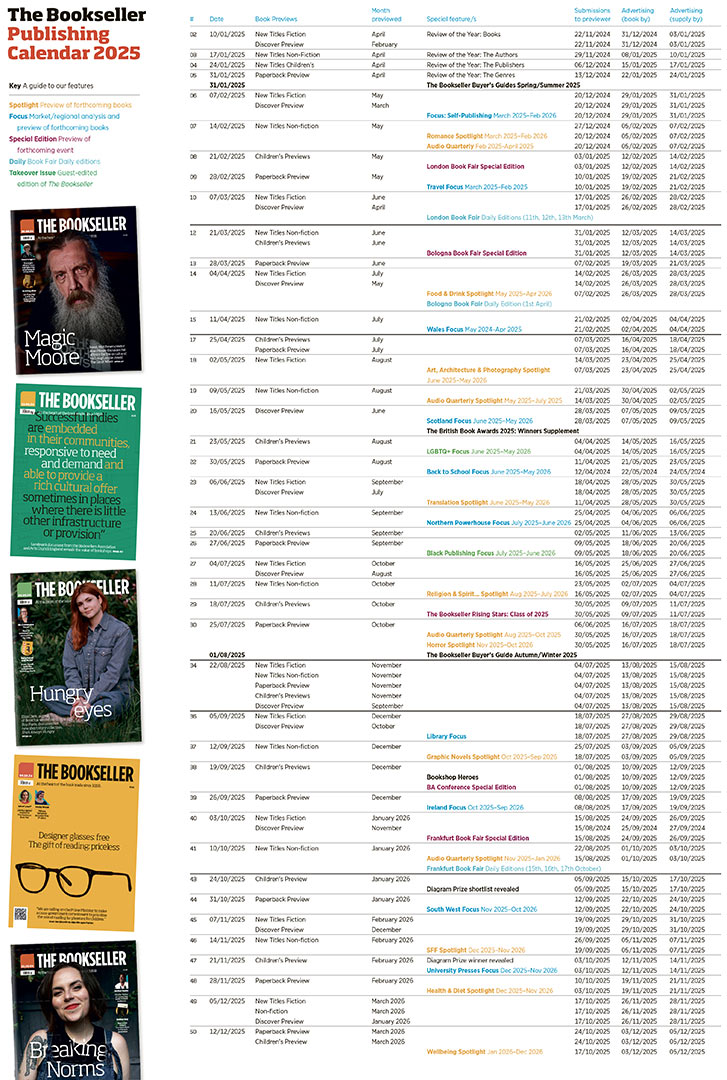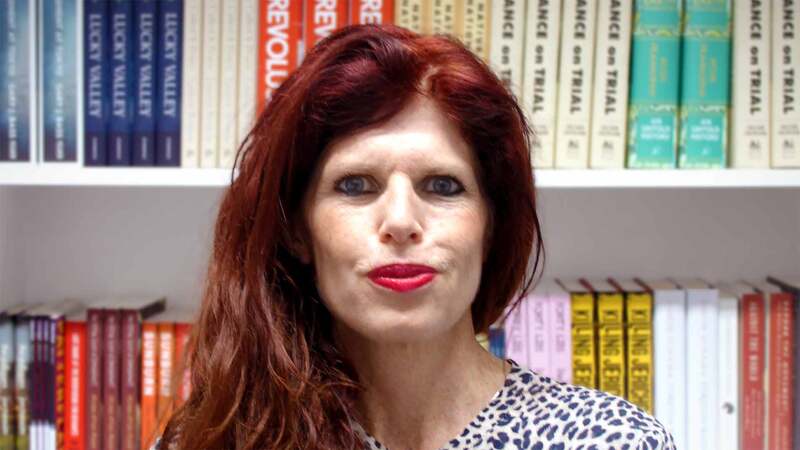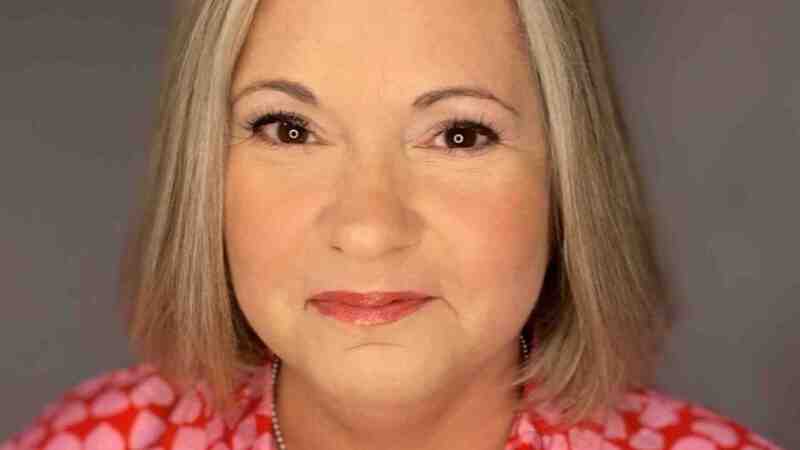You are viewing your 1 free article this month. Login to read more articles.
Campaign Focus: Three’s the magic number for Bloomsbury as Taddeo hits the top
While recommendations are a key element of any book's success, few titles have enjoyed the wildfire word-of-mouth of Lisa Taddeo's Three Women. By focusing on what Bloomsbury marketing manager for non-fiction Hannah Paget and head of publicity for non-fiction Emma Bal called the "special high/low nature of the book", they have driven Three Women to the top of the non-fiction charts.
The team knew from acquisition that Taddeo’s writing would speak for itself, but they also knew it was not a given that the début non-fiction title would be the phenomenon they felt it should be. The beauty of the book was its capacity to be high-end and literary while also getting deep into the worlds of sex, adultery, lust and desire. They had to avoid being pigeonholed: the book couldn’t be seen as just about sex, or American women, or only for female readers. They needed an approach that was not overly prescriptive; one that would enable media, industry, booksellers and other readers’ responses to lead the campaign.
"We treated everyone like potential readers," said Bal. This meant getting the book into as many hands as possible, to help cement their claim that it would be one of the the most talked-about books of the year.
www.thebookseller.comhttps://www.thebookseller.comhttps://www.thebookseller.com/sites/default/files/Taddeo%20Proofs.png" style="width: 650px; height: 608px; margin: 5px;">
Paget created a simple first proof run, with a Dave Eggers quote saying the book would be "breathlessly debated". The confident, pared-back design asserted Three Women’s non-fiction credentials in a way that did not limit potential readership, and garnered attention from traditional media. The second proof run, complete with cover art, helped it attract more mainstream coverage. The team secured media slots across literary periodicals and broadsheets, as well as tabloids and women's and men’s magazines. Comments compared Taddeo to everyone from Jilly Cooper to Truman Capote.
Readers first
The team combined this with its reader-led approach: all Bloomsbury marketers and publicists gave a proof to three friends in publishing, and soon comments from the industry and other early readers flowed in. They sent hand-written notes to booksellers, several of whom, along with journalists, got to meet the author months before publication. This early work led to shops such as Foyles supporting in a big way, with an exclusive Foyles edition and sold out pre-publication event.
Marketing and publicity worked in tandem, using reader reviews on paid-for and organic social media to amplify the traditional coverage. Assets used on social media drove customers to a landing page with a book extract, enabling readers without proofs to experience Taddeo’s writing and move the conversation forward.
Both Paget and Bal cite a close working relationship with publishing director Alexis Kirschbaum as hugely important to Three Women’s success. The three held weekly meetings from November 2018 onwards to go over every detail of the campaign. "Working so closely as a team has been so important," Bal said. With more than 2,000 pre-orders, 6,000-plus hardbacks sold in the first week, and a Sunday Times number one slot, this was clearly a winning strategy.














